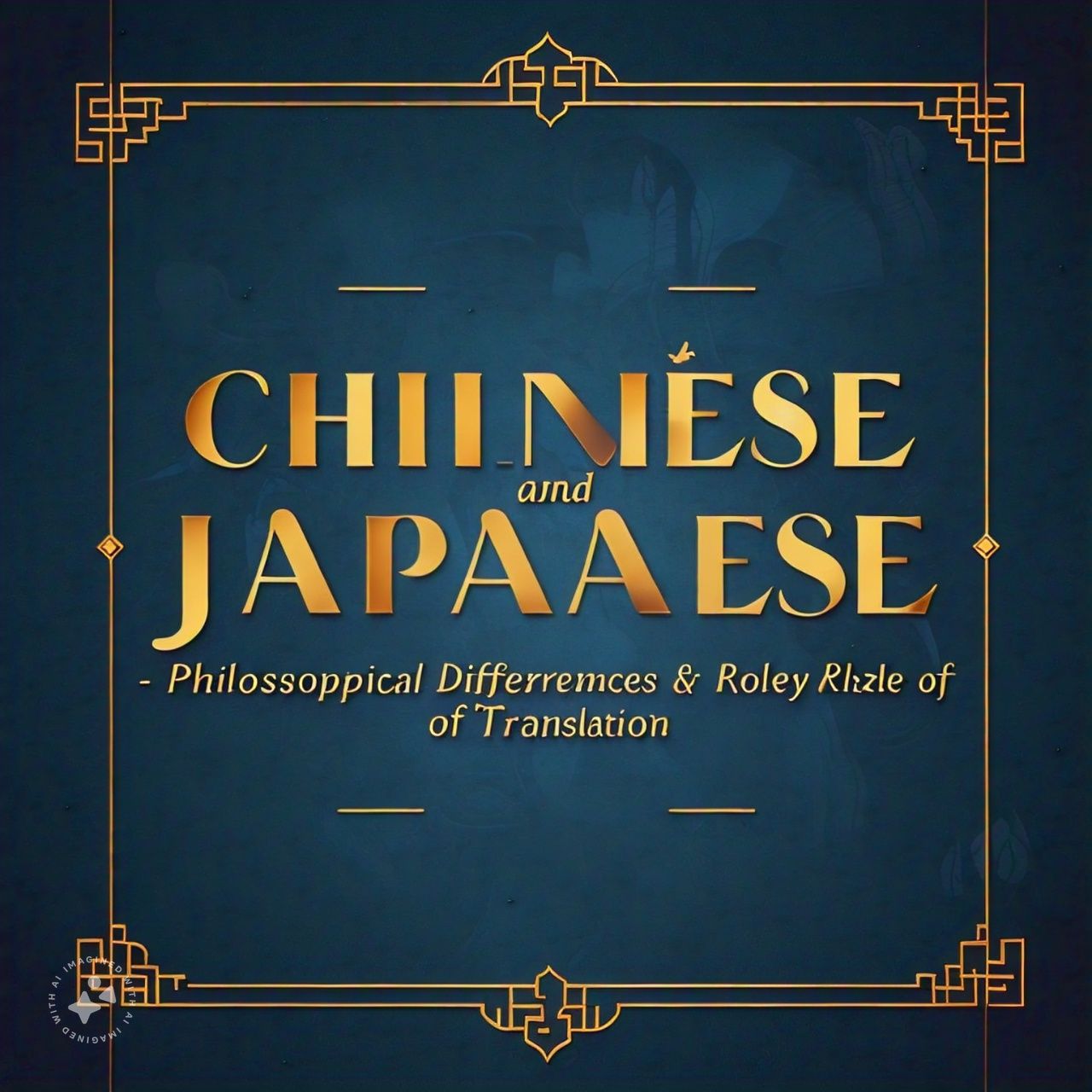Japan and China are two of the oldest countries present in the Asian continent. China is more than 5000 years old while Japan was established in 600 BC. Being this old, both these countries have seen the rise and fall of civilization and still stand strong. Over time, we have seen many languages spoken in both countries but Chinese and Japanese are the two languages that have endured the hardships of time. These languages are still spoken with dialects in huge numbers. The fame of these countries has also captured the interest of foreigners who seek translations to not only understand these cultures but also to explore the countries. For example, Americans take particular interest in China which is why they require a Chinese translation company by their side when visiting the country. With the help of Chinese translations, these Americans translate their visa documents in order to legally enter and later, stay in China.
These translations have a huge role in making world audiences aware of the philosophies of both countries. So in this read, we are going to talk not only about Chinese and Japanese philosophies but also how translation impacts their spread around the world.
Chinese and Japanese Language & Culture
Both Chinese and Japanese cultures are based on centuries of history, intellectual ideas, and cherished customs. Multiple languages are spoken in both countries, making them a pool of linguistic diversity. This language has a direct impact on both cultures which is why speaking native language attains the status of cultural respect for them. You will find very few Chinese and Japanese people speaking a foreign language. It is because for them their language is sacred, and not speaking it means disrespecting their mother tongue.
Chinese Philosophies
Chinese are not that serious about social hierarchy, instead giving respect to all is their mantra. Their attention towards thirty pop culture is also not that serious. The main belief of the Chinese is their philosophies, which they follow religiously.
Taoism
Taoism is an antiquated Chinese philosophical system. Its foundation is the idea of living according to the Tao (道), which translates to “The Way” or “The Path.” Everything, including the universe, human life, and nature, is infused with the Tao, a flowing and ever-present energy. As such, it is difficult to explain. It is more of a transcendent principle than a deity or an item.
Confucianism
Chinese culture is based on the principles of balance and harmony, which are represented in everything from its social structures and family dynamics to its philosophies. The Confucian focus on communal duty, filial piety, and respect for elders and ancestors. This remains of core importance and influences how people see interpersonal and social interactions. Family is more than simply a unit in China. In fact, it is a representation of continuity that connects the past, present, and future.
The Confucian philosophy is based on the teachings of Confucius, a Chinese teacher and philosopher. This theory consists of
- Ren (humaneness or benevolence)
- Yi (righteousness)
- Li (propriety or ritual)
- Zhi (wisdom)
- Xin (trustworthiness)
Japanese Philosophies
The Japanese philosophies, on the other hand, are more invested in harmony and politeness. They believe in eating simple food that is nourishing and plain. This is why most of the time Japanese food is considered bland.
Ikigai
It is a Japanese philosophy that is an amalgam of two words, “iki” meaning life, and “gai” which means value or worth. According to the Japanese people, it is Ikigae due to which they get up in the morning. Basically, this philosophy is the way the Japanese live their life. Ikigai: The Japanese Secret to a Long and Happy Life is also a highly popular book in the United States. The core ideas of Ikigai philosophy are included in four concepts.
- Passion: What You Love
- Profession: What You Are Good At
- Mission: What the World Needs
- Vocation: What You Can Be Paid For
Kaizen
This Japanese philosophy lays stress on self-improvement. The words “kai” mean change and “zen” means good. It is based on the phenomenon of constant self-improvement and self-refinement. It teaches how men can become a better version of themselves.
Philosophical Difference & the Role of Chinese and Japanese Translation
Yes, there are differences between both philosophies, but it is this difference that brings people’s interest. For instance, even the Japanese take a great interest in Chinese philosophies, which raises the importance of Japanese translation. Hiring translators from a Japanese translation company will not only raise awareness about Chinese philosophies but also cause these philosophies to reach new cultures.
The same happens with Japanese philosophies as the Chinese are a curious breed and want to know everything about the world and its cultures. Yes, they do prioritize their culture, but are also interested in knowing about other cultures and philosophies.
Final Words!
Chinese and Japanese philosophies are the way Chinese and Japanese people live their lives. Taoism and Confucianism are popular Chinese philosophies. Moreover, Ikigai and Kaizen are popular in Japanese culture. With Japanese and Chinese translation, these philosophies are made known to the world.

Jennifer David is the creative force behind CelebRiches, your go-to source for celebrity financial exploits. With an unwavering passion for the entertainment industry, she delivers in-depth insights into celebrities’ net worth, combining thorough research with a captivating narrative. Explore the stars’ fiscal journeys through Jennifer’s expert lens, where finance meets fame most engagingly.
